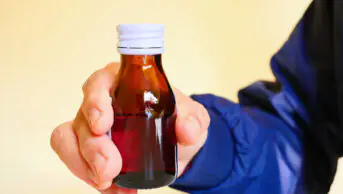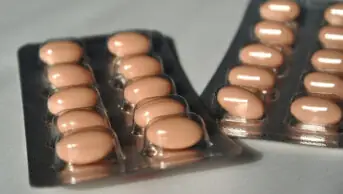
Shutterstock.com
The Medicines and Healthcare products Regulatory Agency (MHRA) has announced plans to develop a ‘medicines website checking tool’ to protect the public from fraudulent medical products.
In a policy paper outlining the strategic approach to artificial intelligence (AI), published on 30 April 2024, the UK regulator has said the tool will allow members of the public to report websites, social media platforms, or online marketplaces that are suspected of selling fake or illegal medicines and medical devices to the MHRA.
The paper highlighted that the online sales of medicines and medical devices has been on the rise, which poses significant risks to public health and safety, “as many online pharmacies are unregulated, illegal, or fraudulent”.
It added that reports from the checking tool will allow the MHRA to investigate, take appropriate enforcement action and update their list of unsafe websites for the public.
Alongside the tool, the regulator has said that parallel work is starting with “global regulators and technology partners to begin prototyping products with AI in this area”.
Laura Squire, chief quality and access officer at the MHRA, said: “AI offers us the opportunity to improve the efficiency of the services we provide across all our regulatory functions, from regulatory science, through enabling safe access for medicines and medical devices, to post market surveillance and enforcement.”
In March 2023, an analysis by The Pharmaceutical Journal of regulation 28 reports, published on the Courts and Tribunals Judiciary website since 2013, revealed that coroners have written 20 reports, warning that having “freely marketed” drugs available online, with “no regulation” in their supply “clearly constitutes an ongoing risk to the lives of other vulnerable people”.
In the reports, the drugs purchased online ranged from the unlicensed opioid acetylfentanyl — which studies have shown is 15 times more potent than morphine — to the so-called ‘diet pill’ 2,4-Dinitrophenol (DNP), to prescription-only medicines, such as codeine.
The warnings were sent to a variety of regulators, government bodies and agencies, including the Home Office, MHRA, Department of Health and Social Care, General Pharmaceutical Council and National Crime Agency.
Jasmine Shah, head of advice and support services at the National Pharmacy Association, told The Pharmaceutical Journal: “It’s important for patient safety that people should always be able to distinguish between legitimate online channels and illegal marketplaces for medicines.
“Artificial intelligence is bound to present more challenges, as illegal activities become ever more sophisticated. We would advise anyone in doubt to seek advice from their local community pharmacy, who they can trust to give prompt, expert and safe support.”
Commenting on the MHRA’s plans, Victoria Atkins, health and social care secretary, said: “I want to see AI and technology harnessed as part of our plan for a faster, simpler and fairer healthcare system … I am pleased that MHRA has set out these principles, which will help ensure that AI continues to be used in a safe, secure, and transparent way across the health service.”


